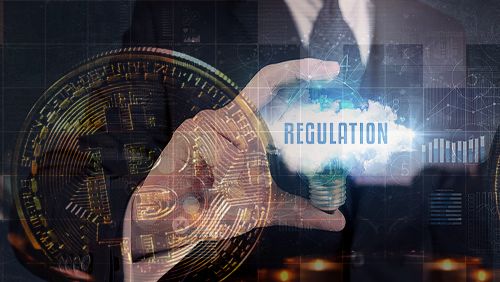
The discussion around digital currencies has increasingly moved on from what they’re capable of, to what governments will allow them to do. At Latin America considers what regulations should be imposed in the industry, SiGMA America’s Virtual Summit’s Day 3 was all about blockchain developments, and how digital currencies are legislated definitely came up.
Just as with gambling, Latam’s approach to digital currency regulation has been very heterogenous. “Latin America is a very interesting place to be and an interesting region to follow because not every country thinks alike, and it’s a nice way to see how people try different approaches and different solutions to the same issue,” said Jose Antonio Lanz Diaz, Writer and Editor at Decrypt Media. “ Let’s see how they work.”
Unfortunately, as so many scams have entered the industry, either through initial coin offerings (ICOs) in 2017 or through DeFi now, regulation has had to focus on keeping customers safe before all else. Regulation, said Etienne Luquet, CEO of Legal Lab, “has been a solution for just making people safe in their property and their money, because you know a lot of restrictions are in place in some of these countries. At the same time, Latin America has been a great laboratory because you know there are some special circumstances.”
Mexico is a great example of a country trying to come to grips with how to regulate the industry. Unfortunately, exchanges that aren’t focused on providing any real value to customers, but rather in pumping up useless assets, have been very adept at finding loopholes.
Diaz further broke down how Latam regulations have gone so far. “We have basically three groups of countries,” he said. “The first one is, where cryptocurrency is legal. The other one is where cryptocurrency is illegal, and the third one where cryptos are alegal, or basically unregulated.”
In the first case, Venezuela is the perfect example of a totally legalized digital currency space, with the country going so far as to create their own asset with the Petro. On the opposite side of the coin is Bolivia, which forbids the use of cryptocurrencies in general, except those that are not assets, or currencies backed by government. Finally, Colombia is an example of a totally unregulated space, as the government has yet to succeed on finding the types of regulations, they’d be happy with.
As the two panelists pointed out, regulations are necessary to keep everyone safe from the seedier elements of the digital currency space. Bitcoin SV, which has been designed to work within government regulations, while massively scaling to meet the needs of businesses, is the perfect solution.
If you want to hear more about Bitcoin SV, and how its nano-payment superpowers will help change the gambling industry, register for free for CoinGeek Live, running September 30 to October 2.